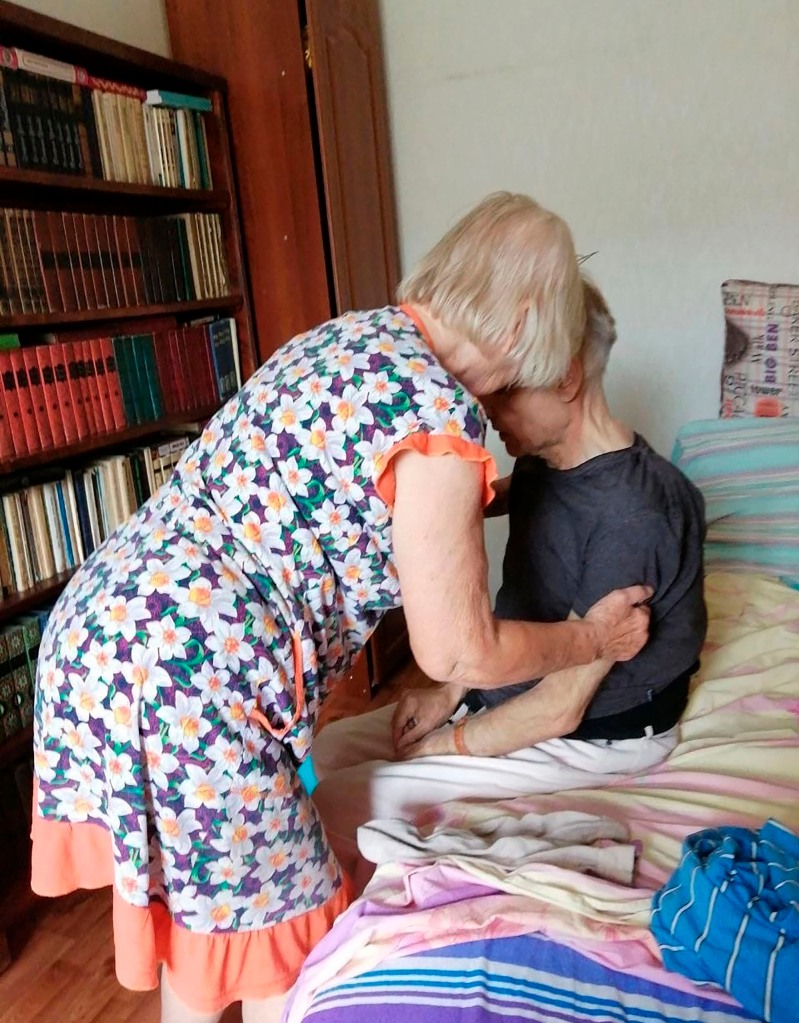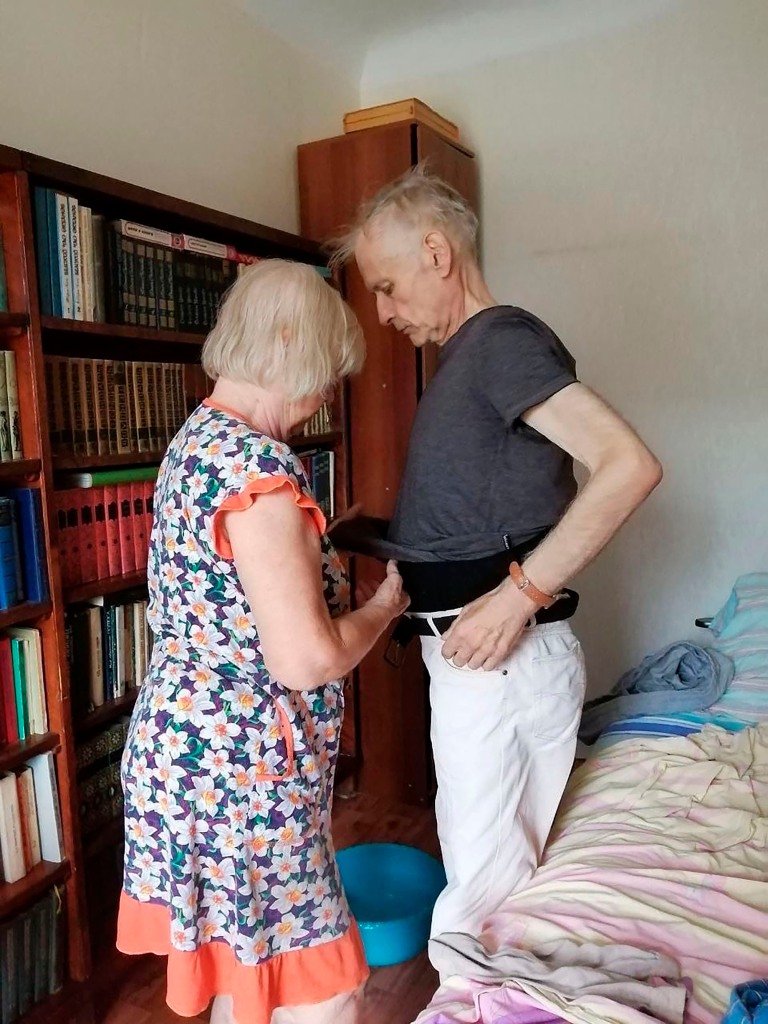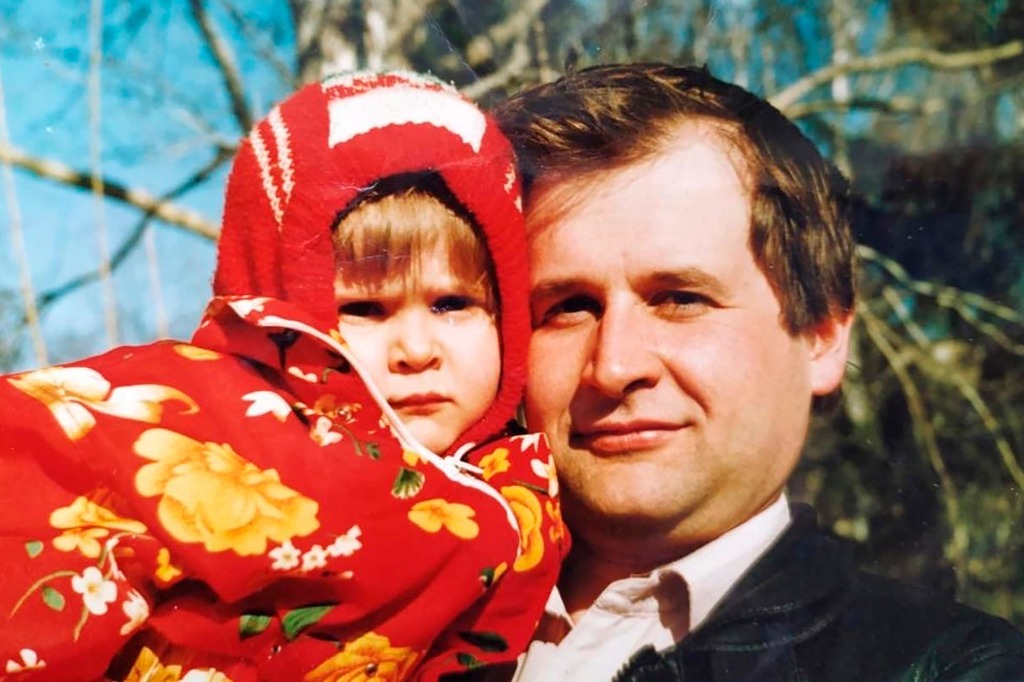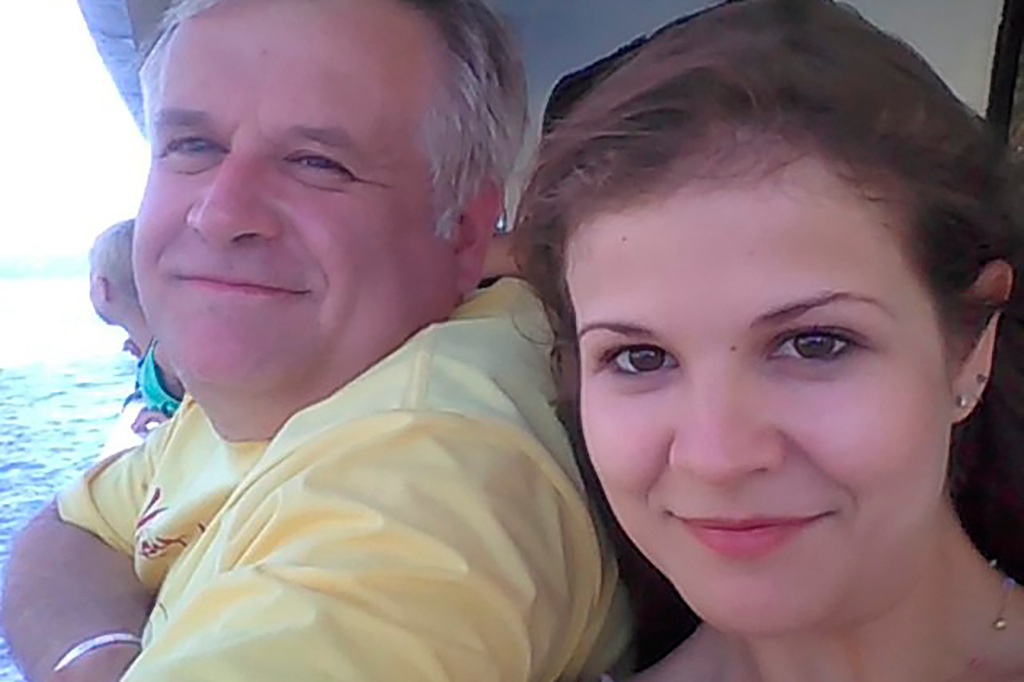Russian scientist Dmitry Kolker dies two days after arrest
A top Russian scientist died of cancer two days after he was arrested on charges of state treason and accused of spying for China, his lawyer and family said Sunday.
Dmitry Kolker was dragged from a hospital in Siberia, where he was being fed through a tube, and flown to Moscow by members of the Kremlin’s FSB security service, according to his family.
Kolker, a doctor of physics and mathematics at Novosibirsk State University, was accused of spying for China, where he had previously given scientific lectures, according to family, who proclaim him to be innocent.
The 54-year-old suffered stage four pancreatic cancer, his son Maxim told Latvia-based Russian news outlet The Insider. He died on Saturday.
“The last contact I had with my father was at 6:15 p.m. on the flight to Moscow. He said he was saying goodbye,” Maxim Kolker said. “The investigator said the conditions were good, with a refrigerator in the prison cell. What refrigerator? The man can’t eat, he is fed intravenously.”
“He is constantly vomiting. People don’t walk around in such condition.”
Kolker was accompanied by FSB agents on all of his China trips, his son said. The officers would ensure that Kolker only spoke to the Chinese students in Russian through an interpreter.


Kolker’s daughter Alina Mironova had decried his arrest in a post on her VKontakte page.
“Stage four pancreatic cancer is a verdict,” she wrote. “But to face such a verdict not at home, but within the walls of a detention center without proper medical care is the worst thing that can happen to a person.”
A number of Russian scientists have been arrested and charged with treason in recent years for allegedly passing sensitive material to foreigners.


Days after Kolker’s arrest, authorities also booked Anatoly Maslov, a chief scientist at an institute of theoretical and applied mechanics in Novosibirsk.
On Saturday, state news agency TASS said Russia had detained a second scientist in Novosibirsk on suspicion of state treason. It was not clear if the two cases were connected.
Critics of the Kremlin say the arrests often stem from unfounded paranoia.
With Post wires
Read the full article Here


